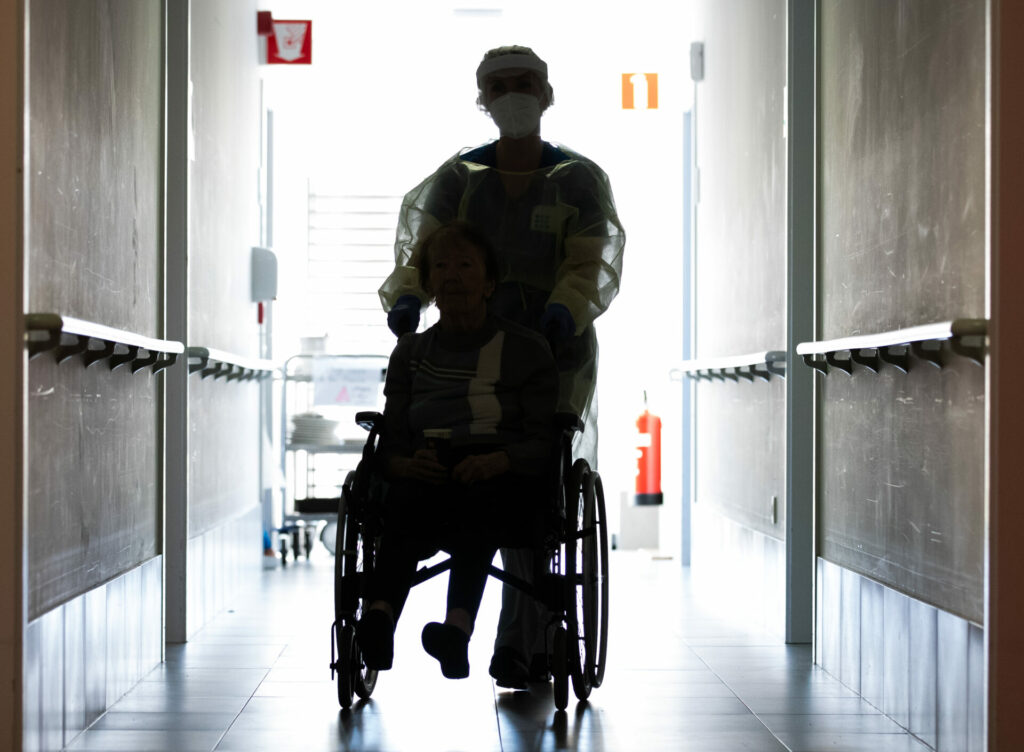Residential care homes (including short-stay centres) will soon have more leeway to spend Flemish funding to tackle staff shortages by using it to recruit staff with non-care professional backgrounds.
From philosophers and physical education (PE) masters' degrees to music therapists, logistics staff or people trained in drama or dance. These may soon become regular appearances in care homes in Flanders as a result of the regional government's push to encourage these centres to organise the care and supervision of residents more broadly.
"We are taking a historic step for residential care centres. Until now, regulations narrowly delineated which care qualifications could count for funding. We are now broadening this and creating breathing space within care teams," substitute Flemish minister for Public Health, Benjamin Dalle, said.
"Residential care homes can also temporarily employ independent nurses or nurses attached to another care facility," he explained.
Taking load off existing staff
Care homes, like many other sectors in Flanders and Belgium as a whole, are facing major shortages of nurses and care experts. In September, there were 3,520 vacancies for nurses and care experts in Flanders.
The latest decision is part of a series of measures announced to alleviate the workload on existing teams in these centres, for which €146 million was released.
It is hoped these staff members can take some non-medical tasks off the hands of nursing staff so they can focus on giving care. The sector especially called for funding to cover the hiring of logistics staff, employees who take over domestic and support tasks such as feeding residents.
Related News
- 2% of Flemish residential care residents suffer 'Medication incidents'
- State pensions fail to cover care home costs for 80% of pensioners
However, it is hoped that bringing in new colleagues with other expertises and competencies will make an "important contribution to the well-being of residents."
Paying more attention to the quality of life of residents in care homes will be greatly boosted by organising a wider range of activities tailored to the needs of each resident.

